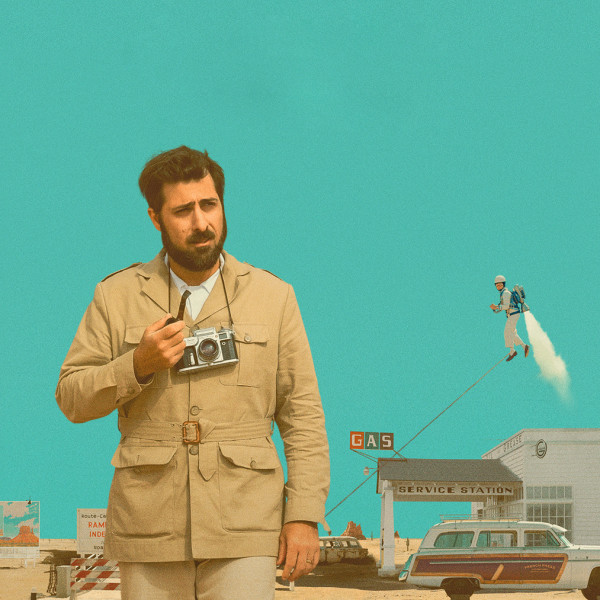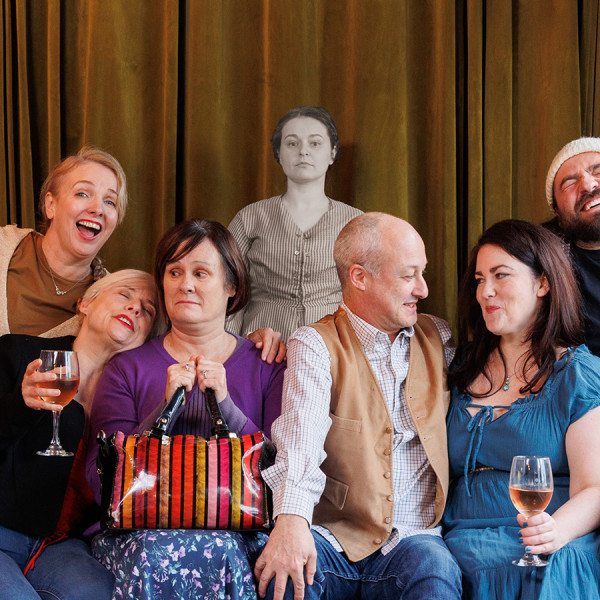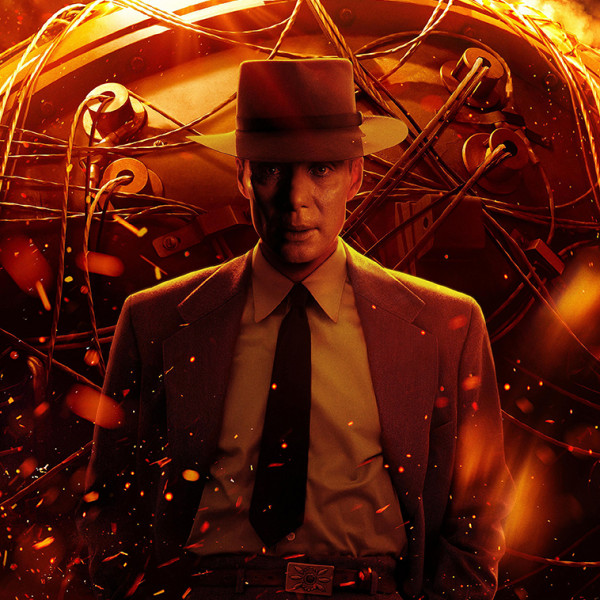
A technicolour 1950s dreamland set in the United States desert, Wes Anderson’s Asteroid City gives us everything we crave from his signature style including witty, stunted dialogue, endearing awkwardness, zesty production design, a star-studded cast, eccentric characters, and offbeat humour.
A frame within a frame, Asteroid City opens to an Academy-ratio black-and-white TV show with an unnamed host (Bryan Cranston) that centres on the playwright Conrad Earp’s (Edward Norton) play Asteroid City. The story expertly bounces between The Twilight Zone-esque show, the behind-the-scenes rehearsal of the play, and the pastel-paradise that is the dramatisation of said play. Asteroid City the play takes place in a tiny desert town famous for the asteroid that landed there 3000 years earlier. Tiny mushroom clouds, result of nearby atomic testing, punctuate the horizon as a troupe of self-proclaimed “brainiacs” arrive for the annual Junior Stargazer Convention with their parents. Among them are protagonist and war photojournalist Augie Steenbeck (Jason Schwartzman), his father-in-law (Tom Hanks), actress Midge Campbell (Scarlett Johansson), musical cowboy Montana (Rupert Friend), and school children chaperoned by June Douglas (Maya Hawke). What ensues is classic Anderson mayhem and tomfoolery.
Asteroid City is a visual feast. A testament to the brilliant trifecta that comprises director Anderson, production designer Adam Stockhausen, and cinematographer Robert D. Yeoman, it continues to deliver the harlequin, retro aesthetic we’ve come to know and love. In this case it is perfectly, beautifully, artificially twee and camp.
Written by Anderson and Roman Coppola, the script appears in equal measure clever and quirky. It continues Anderson’s exploration of grief, loss of innocence, and dysfunctional families, seeming to work towards a grand statement but never quite getting there. I have loved Anderson since my first encounter with his eccentric follies, finding them consummate expressions of the magical realism genre I’ve always gravitated towards. But Asteroid City is, in my opinion, devoid of the humanness that makes Anderson’s films so beautiful. It is messy, but rehearsed and clinical, leaving no room for the genuine connection between characters and viewers that typically makes his magical worlds so human.











